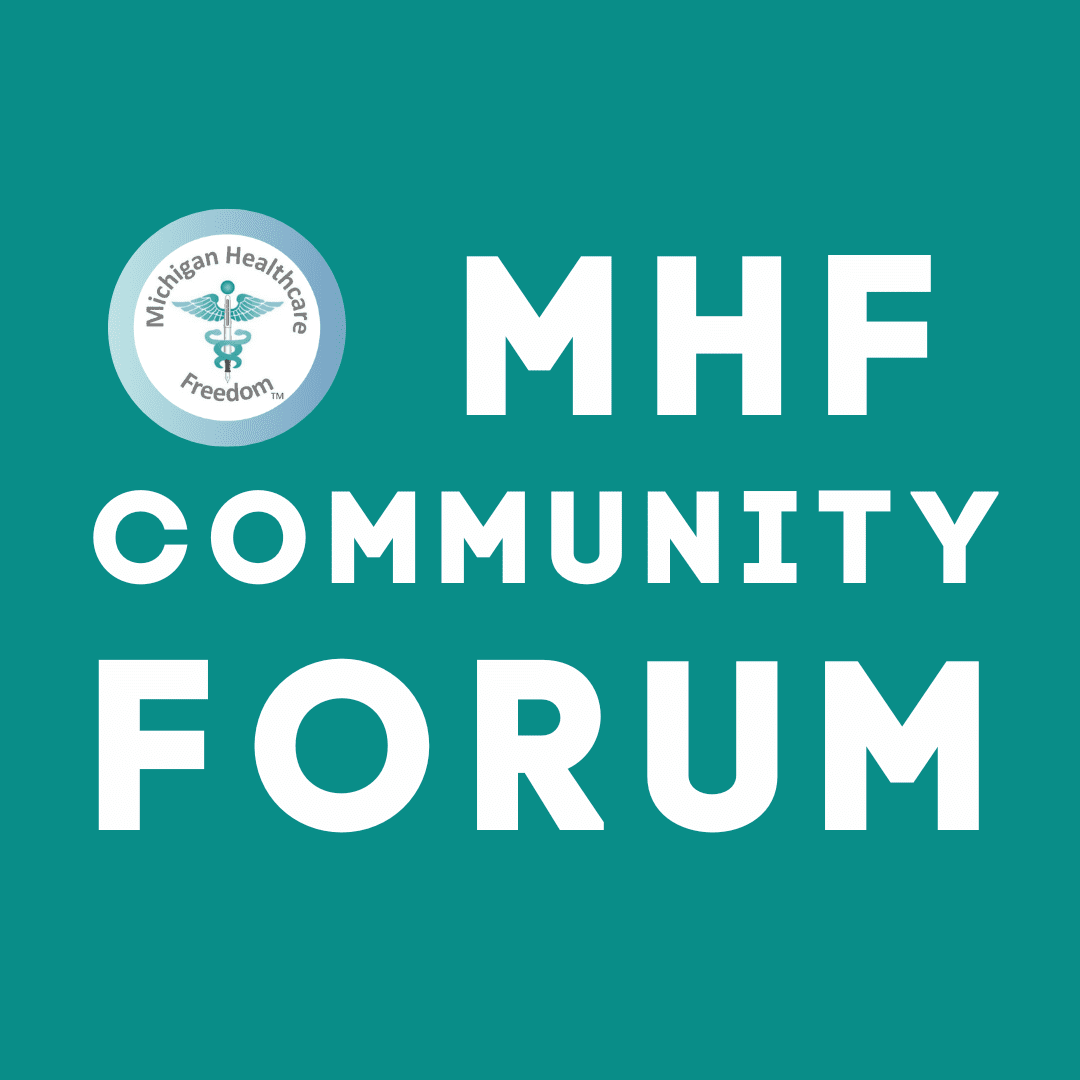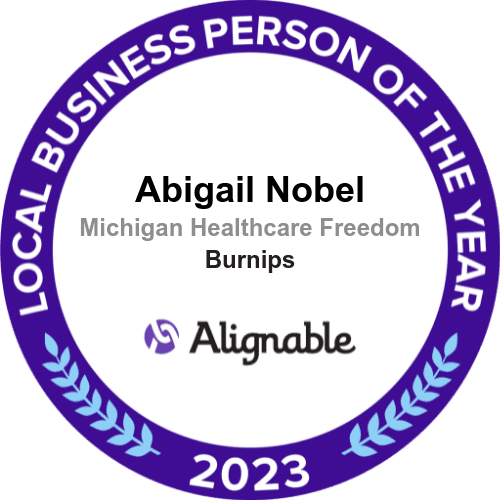
Child deaths from marijuana ingestion increase after each state legalization. Packaging marijuana edibles like popular foot items sure doesn't help.
Commission demands firms immediately change unfair and deceptive packaging
July 5, 2023
As part of its ongoing monitoring of health-related advertising claims, the Federal Trade Commission today sent cease and desist letters – jointly with the U.S. Food and Drug Administration (FDA) – to six companies currently marketing edible products containing Delta-8 tetrahydrocannabinol (THC) in packaging that is almost identical to many snacks and candy children eat, including Doritos tortilla chips, Cheetos cheese-flavored snacks, and Nerds candy.
“Marketing edible THC products that can be easily mistaken by children for regular foods is reckless and illegal,” said Samuel Levine, Director of the FTC’s Bureau of Consumer Protection. “Companies must ensure that their products are marketed safely and responsibly, especially when it comes to protecting the well-being of children.”
“Children are more vulnerable than adults to the effects of THC, with many who have been sickened and even hospitalized after eating ‘edibles’ containing it. That’s why we’re issuing warnings to several companies selling copycat food products containing delta-8 THC, which can be easily mistaken for popular foods that are appealing to children and can make it easy for a young child to ingest in very high doses without realizing it,” said Janet Woodcock, M.D., Principal Deputy Commissioner, FDA.
The agencies sent letters to the following companies: 1) Delta Munchies LLC (Los Angeles, California); 2) Exclusive Hemp Farms (Gilroy, California) and Etienne-DuBois, LLC/Oshipt (Henrico, Virginia); 3) North Carolina Hemp Exchange, LLC, dba NC Hemp Shoppe (Raleigh, North Carolina; 4) Dr. Smoke, LLC, aka Dr. S, LLC (Kansas City, Missouri); 5) Nikte's Wholesale, LLC (Albuquerque, New Mexico); and 6) The Haunted Vapor Room (Franklin, New Jersey).
According to the letters, after reviewing online marketing for Delta-8 THC products sold by the six companies, the FTC has determined that their advertising may violate Section 5 of the FTC Act, which prohibits unfair or deceptive acts in or affecting commerce, including practices that present unwarranted health or safety risks. The letters stress that preventing practices that present such risks, particularly to children, is one of the Commission’s highest priorities, and that imitating non-THC-containing food products that children consume is misleading.
The companies’ Delta-8 THC products mimic a range of food that appeal to children. Dr. Smoke, LLC, for example, sells THC-infused “Doritos” that are marketed in packaging that is nearly the same as that of Doritos Nacho Cheese Flavored Tortilla Chips (see graphic), including using the same red background, the use of the Doritos name and triangle logo, and the depiction of two tortilla chips in the same position. In addition, Dr. Smoke’s THC-infused “Cheetos” are sold in packaging that is nearly identical to that of Cheetos Crunchy Flamin’ Hot Cheese Flavored Snacks, right down to the use of the Chester Cheetah mascot.
Another company, The Haunted Vapor Room, sells Delta-8 THC products called Rope 500mg Delta-8 Nerds Candy and Medicated Dope Rope Bites (see graphic) that closely resemble Nerds Rope candy, with both comprising multi-colored crunchy candies attached to a gummy rope, and packaging for the former using what appears to be the Nerds candy mascot.
A third company, Delta Munchies, LLC, markets Delta-8 THC gummies that look like conventional gummy candies that are often consumed by children (see graphic). The brightly colored packaging includes images of the products in fruity and sour flavors that the FTC contends enhance their appeal to children and increases the likelihood that they will mistakenly eat them, thinking they are traditional gummy candies.
In the letters, the FTC demands the companies stop marketing edible Delta-8 THC products that imitate conventional foods using advertising or packaging that is likely to appeal to young children. The FTC also strongly encourages the sellers to review all of their marketing and product packaging for similar edible THC products, and to take swift action and steps to protect consumers, especially young children, from these products.
Finally, the FTC has asked each company to contact agency staff within 15 days to detail the specific actions it has taken to address the Commission’s concerns. The primary staff attorney on this matter is Christine DeLorme in the FTC’s Bureau of Consumer Protection.
Colorful graphics for specific products are shown in article photos.
Published yesterday by the Annals of Internal Medicine, a response to one of the pre-legalization claims: that medical marijuana access would help chronic pain patients transition from standard pain medications.
The article is eligible for CME Point-of-Care and MOC credits.
Full research accessible from the summary page: https://doi.org/10.7326/M23-0053
Original Research | 4 July 2023By Emma E. McGinty, PhD, Kayla N. Tormohlen, PhD, Nicholas J. Seewald, PhD, Mark C. Bicket, MD, PhD, Alexander D. McCourt, JD, PhD, Lainie Rutkow, JD, PhD, Sarah A. White, MS, and Elizabeth A. Stuart, PhDEffects of U.S. State Medical Cannabis Laws on Treatment of Chronic Noncancer Pain
Abstract
Background:
State medical cannabis laws may lead patients with chronic noncancer pain to substitute cannabis in place of prescription opioid or clinical guideline–concordant nonopioid prescription pain medications or procedures.
Objective:
To assess effects of state medical cannabis laws on receipt of prescription opioids, nonopioid prescription pain medications, and procedures for chronic noncancer pain.
Design:
Using data from 12 states that implemented medical cannabis laws and 17 comparison states, augmented synthetic control analyses estimated laws’ effects on receipt of chronic noncancer pain treatment, relative to predicted treatment receipt in the absence of the law.
Setting:
United States, 2010 to 2022.
Participants:
583 820 commercially insured adults with chronic noncancer pain.
Measurements:
Proportion of patients receiving any opioid prescription, nonopioid prescription pain medication, or procedure for chronic noncancer pain; volume of each treatment type; and mean days’ supply and mean morphine milligram equivalents per day of prescribed opioids, per patient in a given month.
Results:
In a given month during the first 3 years of law implementation, medical cannabis laws led to an average difference of 0.05 percentage points (95% CI, −0.12 to 0.21 percentage points), 0.05 percentage points (CI, −0.13 to 0.23 percentage points), and −0.17 percentage points (CI, −0.42 to 0.08 percentage points) in the proportion of patients receiving any opioid prescription, any nonopioid prescription pain medication, or any chronic pain procedure, respectively, relative to what we predict would have happened in that month had the law not been implemented.
Limitations:
This study used a strong nonexperimental design but relies on untestable assumptions involving parallel counterfactual trends. Statistical power is limited by the finite number of states. Results may not generalize to noncommercially insured populations.
Conclusion:
This study did not identify important effects of medical cannabis laws on receipt of opioid or nonopioid pain treatment among patients with chronic noncancer pain.
Primary Funding Source:
National Institute on Drug Abuse.






